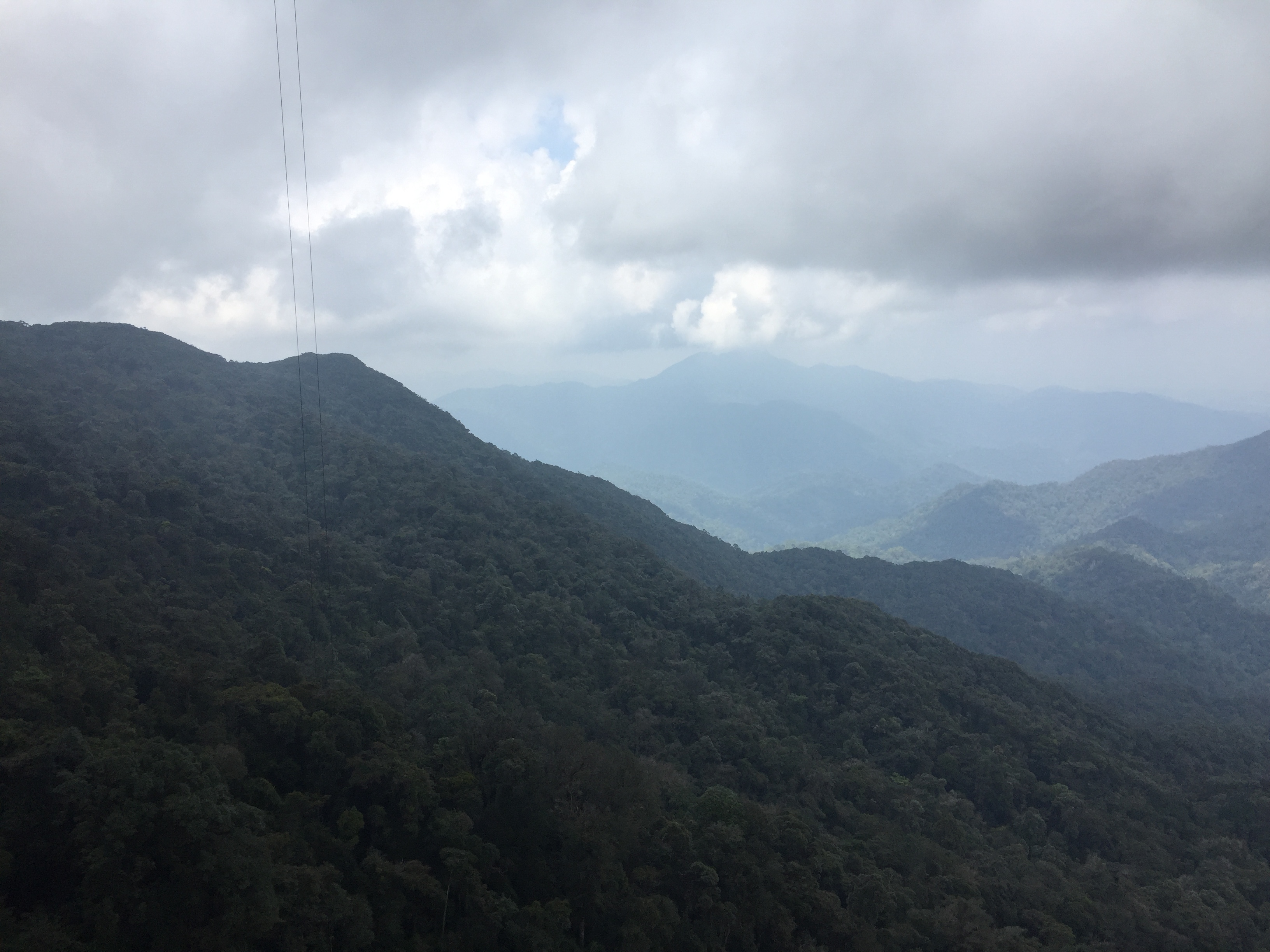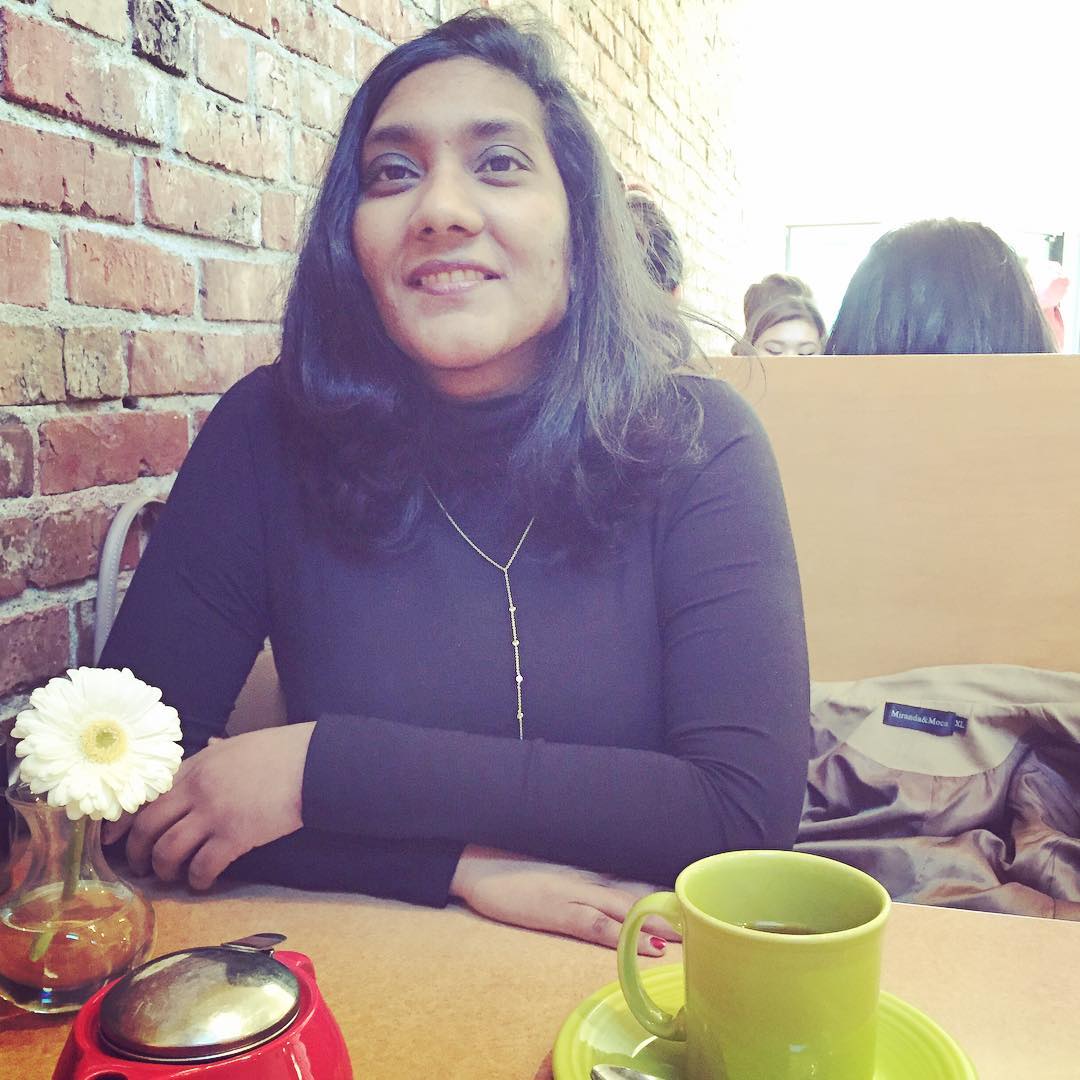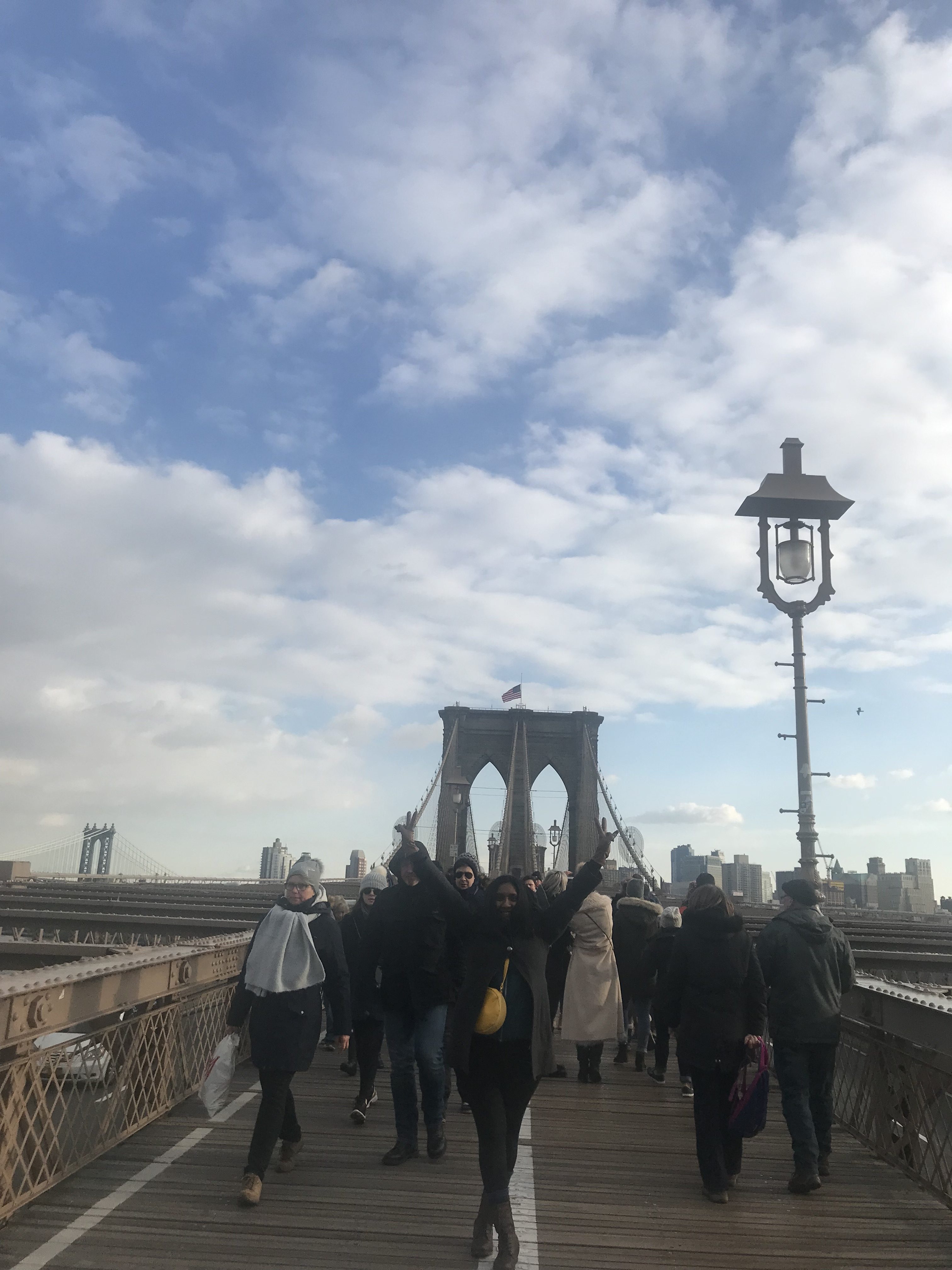I recently took a trip for 1.5 months to travel internationally. I have always travelled and lived in various parts of the world throughout my life but this time round, this trip was different. Different in a sense where my perception had shifted drastically for the better. My parents have always told me that I must be open to travels and be open to living in different places (cities, states, and countries). They also have told me to encounter the same place three times 1. During my teenage years 2. In my twenties 3. In my late thirties to forties. I did not quite understand it until I had an epiphany recently.
We become fully woke when we are willing to eliminate our egocentric and ethnocentric believes of the world.
Mila DeChant
See, we as humans see the world from our perspective. We choose to see what we want to see, put a spin on things we experience from an egocentric and ethnocentric perspective, block out things that challenges us, and accept people and concepts that boost our ego or with something that we are already familiar with. This behaviour is inherently displayed when we first start travelling, living in various cities or countries, and even when we first become exchange students abroad. When I first travelled, it was during my childhood. I grew up in multiple countries and travelled as a child with my parents. During my childhood, I did not make much out of my travelling experiences. I was more open to accepting, making friends, learning with an open mind.
This could not be said the same when I travelled when I was a teenager. As a teenager, I was full of myself. I thought that I was larger than life. I saw everything from an egocentric and ethnocentric perspective. I held myself higher than those whom I had encountered whilst travelling and living abroad. I always found faults with food, places and compared it. Every time I travelled as a teenager, I always thought I was better than the rest because I felt a false sense of privilege.

This changed again when I travelled in my twenties. I explored unexplored places and explored places to push myself to learn. I noticed that I had rejected my egocentric and ethnocentric ways and was more open to learn with an open mind. Although I accepting with an open mind, my heart was not open. I was full of judgements. I judged practises and people’s singular perspectives. Places remained the same but people had evolved according to their environment and their new adopted and adapted believes challenged my conditioned perspective. My heart and mind were playing a game of tug of war between accepting and judging – very contradicting.
This changed again during my travelling escapades in the next decade to come. In my thirties and forties, the familiar became the unfamiliar. When I went back to the same country for the 3rd or 4th time or to a city for the 3rd or 4th time, my perspective had reset. The familiar became unfamiliar where my brain and heart were open to assimilate and accept with empathy of how people lived, experienced their journey in another part of the world or country. I learnt unconditionally, digging deeper, and immersing myself as one with them. This is the exact moment when I got the epiphany of why my parents had told me to experience a place/country/city at least 3 times at various decades in my life. This is how I became woke from travelling:
- Eliminates Egocentric and Ethnocentric Views
The more we travel or live in other places (countries, cities, and states), the more we reset our thinking. We throw away our old believes and adapt to new adoptions. We eliminate our conditioned thinking and even behaviour.
- Resets Our Perspective and Believes
Living in different parts of the world/country and experiencing it at various stages of our life resets how we perceive the world as we get older. We challenge our old perspective by re-immersing into familiar but unfamiliar territories. Since practises, concepts, environments, and people evolve – the once familiar perspective presents to us as an unfamiliar forcing us to continuously learn by resetting.
- Cultivates Empathy and Kindness
The more we are exposed to concepts and worldly views at various stages in our life, we become more prone to inheriting good qualities like empathy and kindness. Kindness is a contagious act and when we witness others display it in abundance, we adopt that characteristic as well. Travelling pushes us to adopt empathy as well. The more we immerse ourselves in the unfamiliarity of the familiar, it pushes our hearts and mind to become one.


